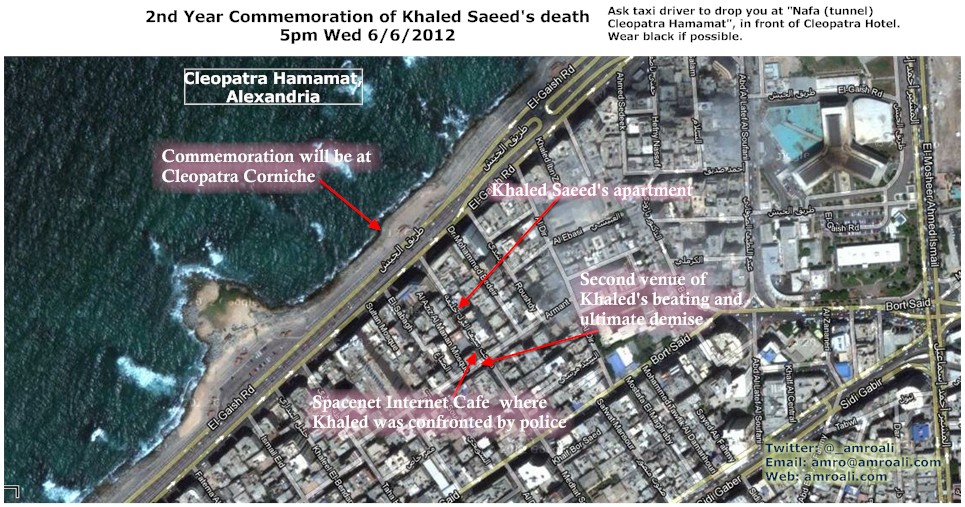Article published in openDemocracy and Egypt Monocle
When Egypt’s Hosni Mubarak was forced to step down on 11 February 2011, the clerics in Tehran beamed with a smug of satisfaction that the divine hand had chosen Iran’s Revolution Day for the Pharaoh’s downfall. It could not have been a more surreal start for the besieged Islamic republic seeking to break out of its isolation and gridlock vis-à-vis a regional reconfiguration.
Fast-forward to the recent reported saga at the Non-Aligned Movement summit in Iran, in which Egyptian president Morsi (given the red carpet treatment and all) diverged from the Iranian script when he stated, “Our solidarity with the struggle of the Syrian people against an oppressive regime that has lost its legitimacy is an ethical duty as it is a political and strategic necessity.”
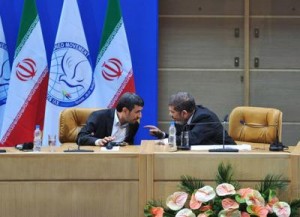
The Syrian delegation walked out in fury and Iranian state TV attempted to limit the damage to their Syrian ally by mistranslating Morsi’s words to the effect of “solidarity with the Syrian nation against the plot that has been implemented against this country.” Business as usual in Iran.
This was Iran’s opportunity to upstage the world by proving it has friends, and Morsi ruined the show.
The incident exposes deeper Iranian, if not regional, frustrations as to where Egypt’s foreign policy orientation is heading.
Continue reading “Egypt and Iran: it’s complicated”


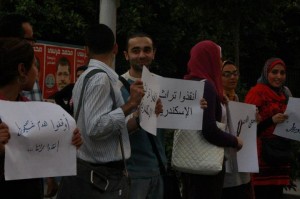
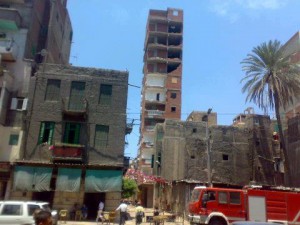
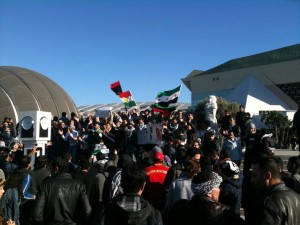
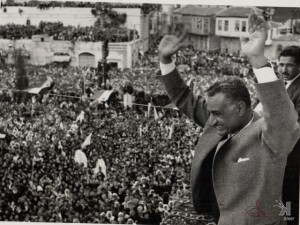
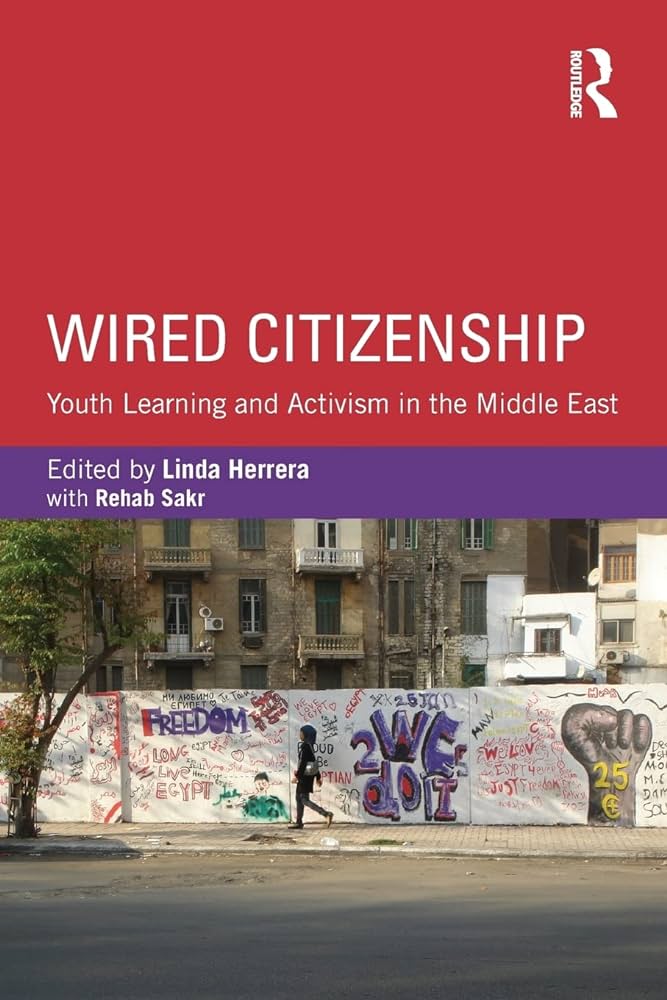
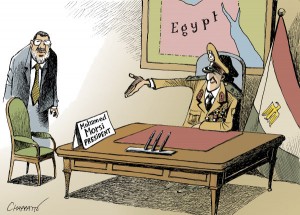
 Egyptians may have been left with the dilemma of an Ahmed Shafiq-Mohamed Morsy reverse suicide pact (for the voter), yet the revolutionary forces’ tactical loss has been compensated by a strategic gain – their anointed candidate Hamdeen Sabahi vanquished his opponents in Alexandria in what could be a long-term game changer.
Egyptians may have been left with the dilemma of an Ahmed Shafiq-Mohamed Morsy reverse suicide pact (for the voter), yet the revolutionary forces’ tactical loss has been compensated by a strategic gain – their anointed candidate Hamdeen Sabahi vanquished his opponents in Alexandria in what could be a long-term game changer.